If there’s anything that makes you appreciate the Warner Archive, it’s the combined efforts of Senior Vice President of Theatrical Catalog Marketing at Warner Bros. Digital Distribution George Feltenstein and Animation Expert/Historian Jerry Beck, who continue to collaborate on the ongoing release of classic Looney Tunes shorts on Blu-ray.
Launching the series under a new name (Looney Tunes Collector’s Vault replacing Looney Tunes Collectors Choice Collection), has provided several slight changes, most notably, for the better. With 50 shorts (25 new and 25 that had been previously released on DVD and upgraded here, I’m so very happy that the Archive continues to release these timeless shorts.
As a child of the 70’s, my very first exposure to these films were on Saturday morning watching The Bugs Bunny Show, which started with the memorable theme song, “This Is It.”
From my memory it seems like many of the shorts were directed by Chuck Jones, which meant there were several hundred cartoons to catch up on. This meant I could absorb the talents of directors like Tex Avery, Bob Clampett, Friz Freleng, Frank Tashlin, Robert McKimson, and the many other visionaries who made millions of people laugh.
As I’ve stated in other Looney Tunes reviews, some of the experts (versus a fan, like myself), occasionally are very critical of the restoration work. To me, these films look and sound better than I’ve ever seen them.
Included in this set:
DISC ONE
-
Bars & Stripes Forever (1939)
A talkative parrot annoys a surly prison guard cat with nonstop patriotic songs and cheeky wisecracks. What follows is a relentless string of gags as the cat’s every attempt to silence the bird backfires comically. -
Beauty & the Beast (1934)
This offbeat parody of the classic tale features grotesque animation and slapstick instead of sentimentality. The beast is more buffoon than brute, and the “beauty” might prefer running for the hills. -
A Day at the Zoo (1939)
A narrator guides us through a zoo filled with visual puns and off-the-wall animal antics. Every cage holds a new joke, from literal interpretations to cartoon absurdities. -
Dixie Fryer (1960)
Foghorn Leghorn takes a Southern vacation, only to be pursued by a persistent chicken hawk with a Southern-fried appetite. Naturally, Foghorn turns the tables through trickery and bluster. -
Double or Mutton (1955)
Ralph Wolf clocks in for another shift trying to steal sheep, while Sam Sheepdog clocks in to stop him—with both treating their rivalry like a 9-to-5 job. Every trap Ralph sets goes spectacularly wrong in classic Looney Tunes fashion. -
Each Dawn I Crow (1949)
A proud young rooster struts around the farm crowing each morning, unaware he’s on the menu for Sunday dinner. His innocence only deepens the humor as he narrowly escapes culinary doom. -
Easy Peckin’s (1953)
A sneaky weasel infiltrates a chicken farm with hopes of a big meal but faces a hilariously heroic rooster who won’t back down. The showdown becomes a comic struggle of wits and barnyard brawling. -
Feather Dusted (1955)
Foghorn Leghorn takes on the role of babysitter for a precocious chick, who constantly outsmarts him with dangerous stunts and innocent sass. Foghorn’s folksy attempts to educate end in disaster at every turn. -
A Fox in a Fix (1951)
A clever fox disguises himself as a shaggy sheepdog to sneak into a farm and eat the sheep. But his plan unravels when the real dog returns, leading to a frantic and funny escape attempt. -
Good Night Elmer (1940)
Elmer Fudd’s quest for sleep is ruined by a stubborn candle that refuses to extinguish. What should be a simple bedtime routine turns into a surreal, exhausting nightmare. -
The Goofy Gophers (1947)
Two polite but mischievous gophers battle a guard dog who tries to stop them from raiding a vegetable garden. Their over-the-top civility makes their sabotage all the more ridiculous and delightful. -
I’d Love to Take Orders from You (1936)
A lovestruck soda jerk sings his heart out to woo a diner waitress in this tuneful romantic short. The musical numbers are big, bold, and full of 1930s charm. -
A Kiddie’s Kitty (1955)
A scruffy alley cat is adopted by a little girl who treats him like a baby doll, but all he wants is to eat her pet bird. His increasingly desperate and failed attempts result in slapstick mayhem. -
Let It Be Me (1936)
Two crooning lovebirds find themselves in a musical love triangle when a flashy rival tries to steal the girl away. The short plays like a feathered musical melodrama, complete with swing numbers and jealousy-fueled duets. -
Of Fox and Hounds (1940)
A clever fox repeatedly outsmarts a slow-witted, lovable hound who insists, “Which way did he go?” in his pursuit. It’s a classic predator-vs-hunter tale where charm and wit beat brute force every time. -
Quackodile Tears (1962)
A worried duck couple tries to protect their egg from a hungry crocodile with surprisingly maternal instincts. The battle becomes a bizarre mix of action, sentimentality, and gags involving diaper pins and baby bottles. -
Ready, Woolen & Able (1960)
Ralph Wolf and Sam Sheepdog clock in again for another shift of cat-and-mouse—or rather, wolf-and-sheep—mayhem. Despite Ralph’s increasingly elaborate schemes, Sam remains the unflinching, unflappable wall of sheep-protection. -
Robin Hood Makes Good (1939)
Three woodland creatures reenact the Robin Hood legend, assigning roles and staging adventures until a real fox villain shows up. Their playtime quickly turns into a genuine rescue mission that proves surprisingly heroic. -
The Squawkin’ Hawk (1942)
A baby hawk, pressured by his mama to eat chicken, much prefers worms—but catching one proves harder than it looks. His journey is filled with comic struggles and identity confusion. -
Terrier-Stricken (1952)
Claude Cat’s pampered life is turned into a neurotic mess when a playful puppy is brought home, disrupting his peace with nonstop hijinks. The cat’s mental unraveling is both hilarious and relatable for anyone who’s ever met a hyper dog. -
Tweet & Lovely (1959)
Sylvester tries to nab Tweety from a pet store, only to face a bruiser of a bulldog who guards the bird like Fort Knox. Every plan results in a beatdown as Sylvester never learns when to quit. -
Tweety’s Circus (1955)
Sylvester chases Tweety through a circus, running afoul of lions, acrobats, and cannon mishaps. The big top becomes a battleground of endless pratfalls and spectacular fails. -
Two’s a Crowd (1950)
Hubie and Bertie play psychological games with housecat Claude, pretending to be one powerful, teleporting mouse. Their mind games push Claude into full-blown paranoia. -
Wild About Hurry (1959)
Wile E. Coyote once again tries to capture the Road Runner with a parade of gadgets that go wrong in wildly creative ways. As usual, gravity, explosions, and hubris are his worst enemies. -
Zip ‘n Snort (1961)
Armed with new ACME tools, Wile E. Coyote mounts yet another elaborate series of traps in his endless quest for roadrunner stew. The result: total destruction and not a feather caught.
DISC TWO
- Ain’t She Tweet (1952)
Sylvester desperately tries to reach Tweety, who now lives in Granny’s yard surrounded by a dozen ferocious bulldogs. Each of his elaborate plans ends in humiliation and a canine smackdown. - Banty Raids (1963)
A beatnik rooster sneaks into the chicken yard to romance the hens, upsetting Foghorn Leghorn’s old-fashioned sensibilities. Foghorn tries to expose him as a phony but ends up getting more than his tail feathers singed. - Birth of a Notion (1947)
Daffy Duck seeks shelter at a mad scientist’s house, only to find he’s the unwilling participant in bizarre brain-swapping experiments. His survival instincts kick in as the lab becomes a looney house of horrors. - Bye, Bye Bluebeard (1949)
Porky Pig hears on the radio that the dreaded Bluebeard killer is on the loose—just as a clever little mouse shows up pretending to be the villain. A series of frightful misunderstandings keeps Porky in a state of panicked chaos. - Cat-Tails for Two (1953)
Two cats—one sharp, one slow—try to catch a speedy Mexican mouse who effortlessly outwits them. This short introduces a prototype of Speedy Gonzales and showcases early-style slapstick. - Daffy Dilly (1948)
Daffy Duck plays a pushy novelty salesman who tries to sneak into the mansion of a sick millionaire who hasn’t laughed in years. Chaos and gags escalate as Daffy’s pursuit of riches turns into a battle with the mansion’s defenses. - Daffy Duck & Egghead (1938)
A wildly unhinged Daffy Duck makes his debut, harassing the slow-witted Egghead during a duck hunting trip. Daffy’s manic energy and zany antics define the early screwball era of Warner Bros. cartoons. - Gee Whiz-z-z-z-z-z-z (1956)
Wile E. Coyote returns with another toolbox of ridiculous ACME inventions to catch the Road Runner. Naturally, all his plans explode, fall, or implode in spectacular desert style. - Gonzales’ Tamales (1957)
Sylvester tries to frame Speedy Gonzales by tricking him into stealing tamales from the local cantina. But Speedy, as usual, outsmarts the cat at every turn and leaves him in a heap of trouble. - Hare Conditioned (1945)
Bugs Bunny is featured in a department store display and escapes when a store manager tries to ship him off for taxidermy. What follows is a frantic chase through different departments filled with disguises and Bugs’ trademark sass. - Hare Trigger (1945)
In Bugs Bunny’s first meeting with Yosemite Sam, the pugnacious outlaw tries to rob a train—but gets more than he bargained for with Bugs as a passenger. The two engage in a hilarious battle of wits in the Old West. - Hare Trimmed (1953)
Yosemite Sam woos a rich widow for her fortune, but Bugs Bunny intervenes to sabotage the courtship by posing as a rival suitor. It’s a romantic triangle gone Looney Tunes with explosive results. - Horton Hatches the Egg (1942)
Faithful elephant Horton promises to sit on a lazy bird’s egg and sticks to it through ridicule, storms, and capture. His patience pays off in the end—with a surprise that proves loyalty can be magical. - Little Boy Boo (1954)
Foghorn Leghorn tries to impress Miss Prissy’s genius chick, Egghead Jr., but his “lessons” in sports and manhood always end with Foghorn getting the short end of the stick. Egghead Jr.’s quiet intellect outpaces Foghorn’s bluster at every turn. - Much Ado About Nutting (1953)
A persistent squirrel struggles to crack open a coconut, no matter how many times he drops, smashes, or hurls it. It’s a wordless, beautifully timed short all about frustration and comic futility. - Odor-able Kitty (1945)
A male cat disguises himself with skunk scent to avoid dogs, only to be pursued by the amorous Pepé Le Pew. The twist? This time the “female” skunk is actually a male cat in deep trouble. - Past Perfumance (1955)
Pepé Le Pew romances a black cat accidentally painted with a white stripe at the Paris opera. The cat tries to escape through every dramatic trope imaginable—from trap doors to chandeliers. - Porky’s Duck Hunt (1937)
In Daffy Duck’s debut, Porky Pig’s peaceful hunting trip turns into a manic mess as Daffy zips, zags, and mocks his way through every trap. It’s the birth of the Daffy we know—completely unhinged and loving it. - Rabbit Punch (1948)
Bugs Bunny faces off against a brutish boxer in a ring, turning the match into a series of increasingly absurd stunts and stalling tactics. In typical Bugs fashion, he uses brains over brawn to win the bout. - Red Riding Hoodwinked (1955)
A modern twist on the fairy tale pits Bugs Bunny against a scheming wolf who wants to eat Granny. Bugs protects the ditzy Little Red and outsmarts the wolf at every turn—sometimes literally turning the pages of the story. - Rhapsody Rabbit (1946)
Bugs Bunny tries to perform a solo piano recital but is interrupted repeatedly by a mischievous mouse. What should be classical music turns into a slapstick symphony of gags and flattened keys. - Snow Business (1953)
Sylvester and Tweety are snowed in with Granny at a remote cabin, and as food runs out, Sylvester starts eyeing the bird as a solution. Survival turns into slapstick as Tweety thwarts the cat’s every hungry move. - Tom Turk & Daffy (1944)
A terrified turkey convinces Daffy Duck to hide him from Porky Pig, who’s planning Thanksgiving dinner. But when Daffy realizes there’s no bird left for the meal—except himself—the hiding game takes a darkly funny turn. - Two Crows from Tacos (1956)
Two lazy Mexican crows repeatedly try to steal corn from a scarecrow that turns out to be far smarter (and meaner) than they anticipated. Their laid-back attitudes don’t hold up well under a barrage of booby traps. - Zoom and Bored (1957)
Wile E. Coyote returns with new tricks, including rocket shoes, giant springs, and even hypnosis, to catch the Road Runner. As usual, the gadgets fail, gravity wins, and the Road Runner zooms off unharmed.
Once again, the Warner Archive knocks it out of the park with another must-have Looney Tunes release.




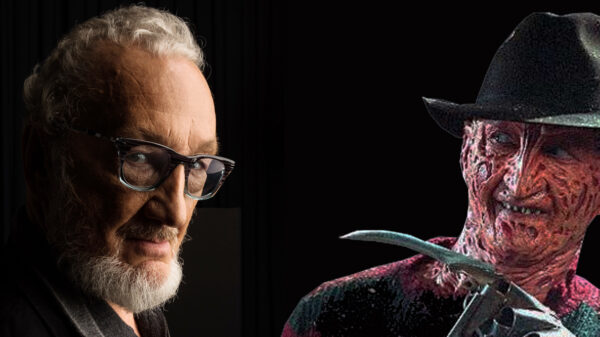
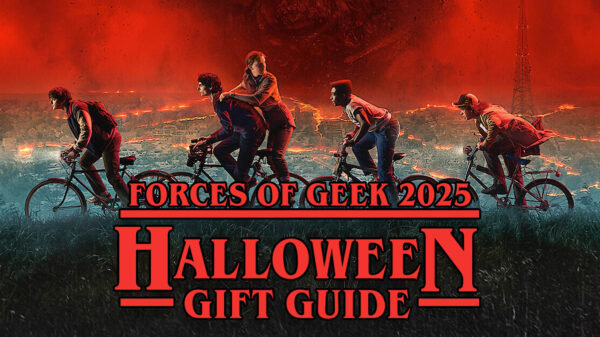
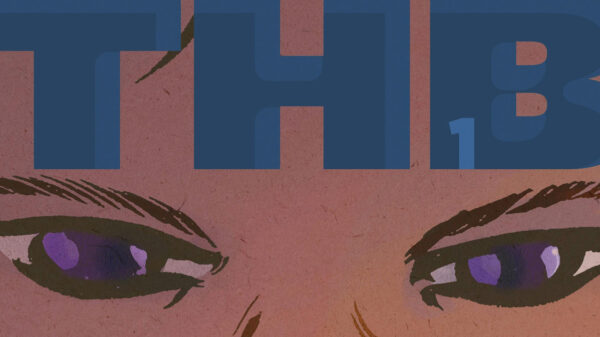


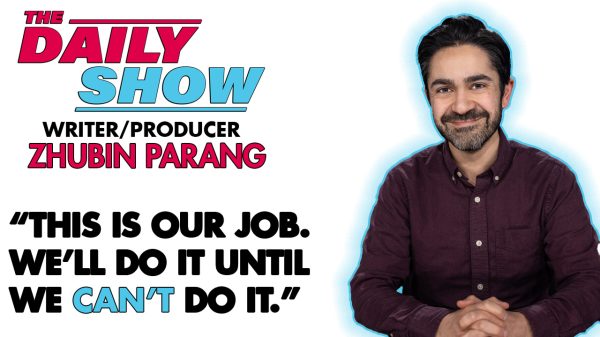
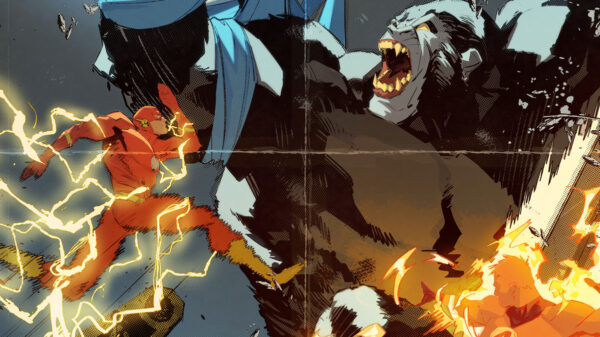
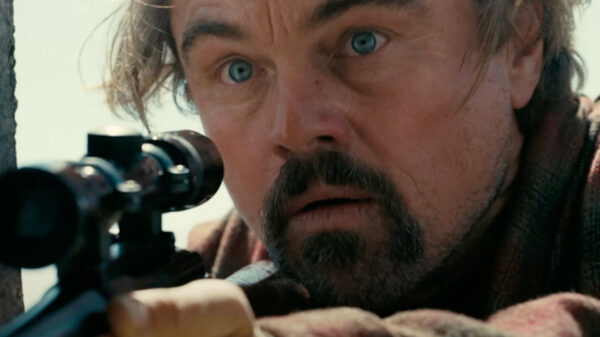
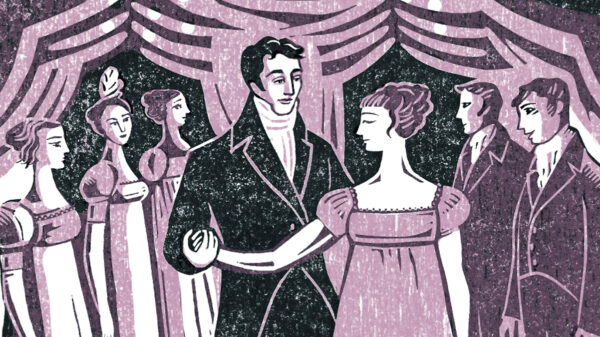
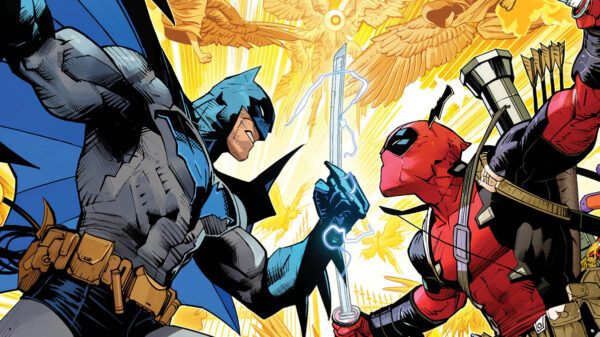
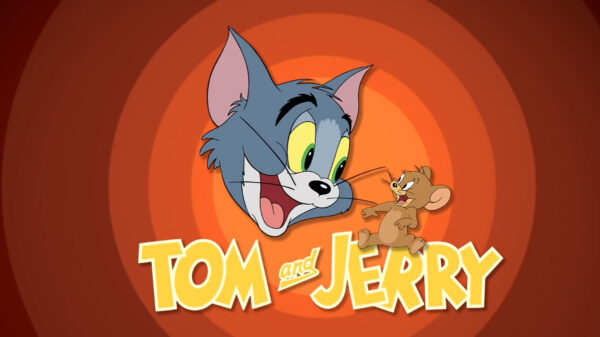



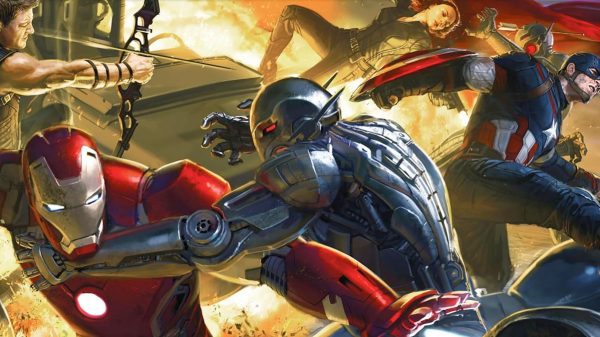

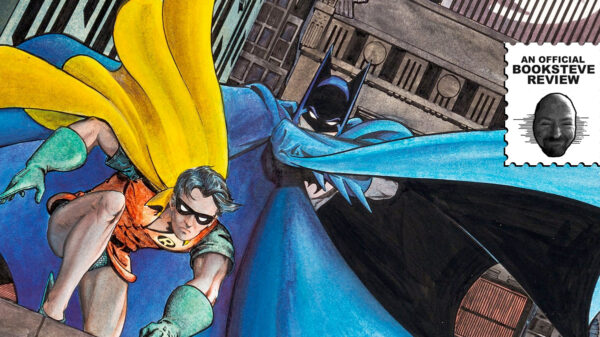
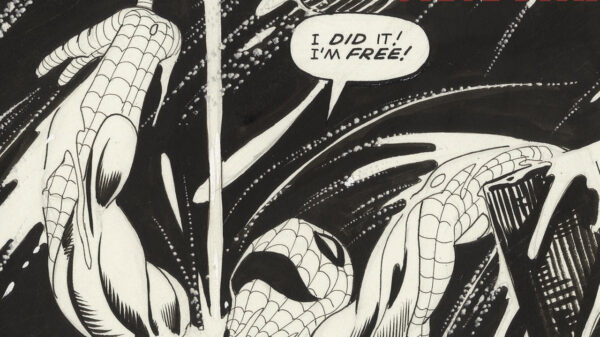
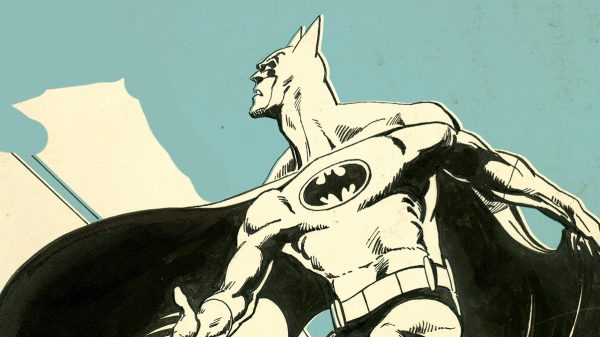

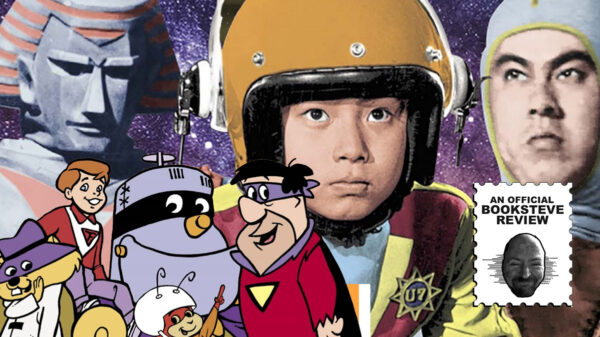
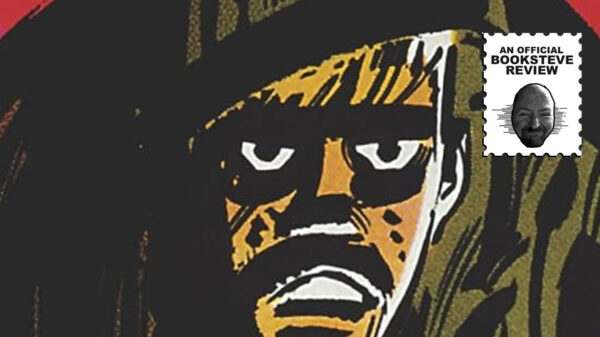
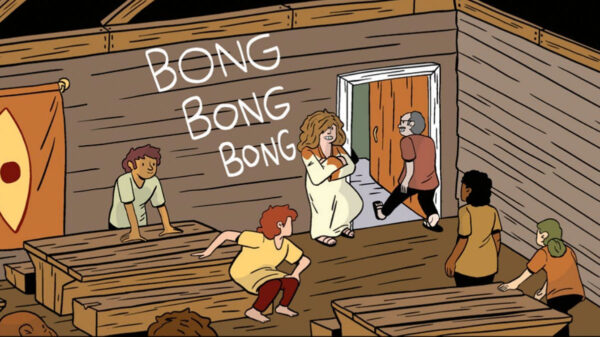
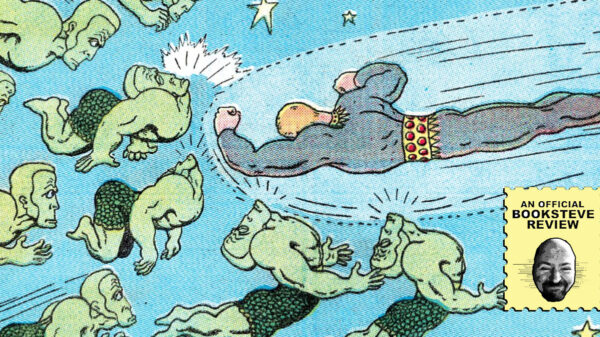
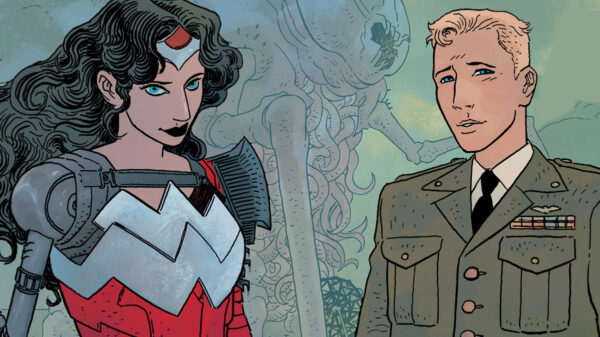









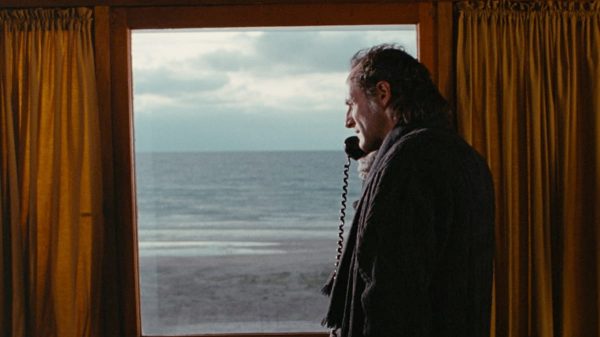
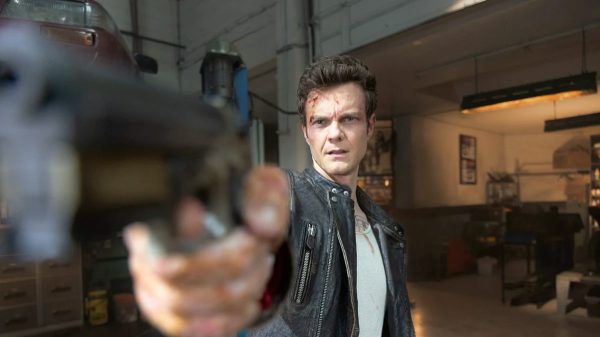
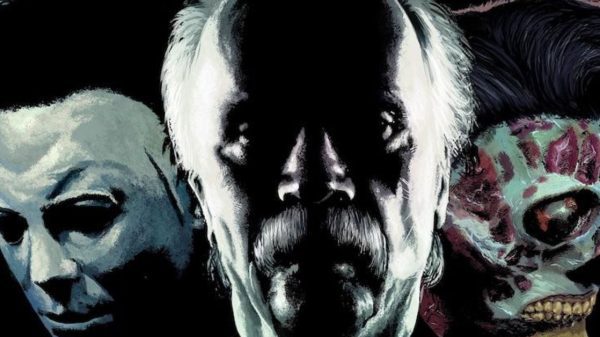
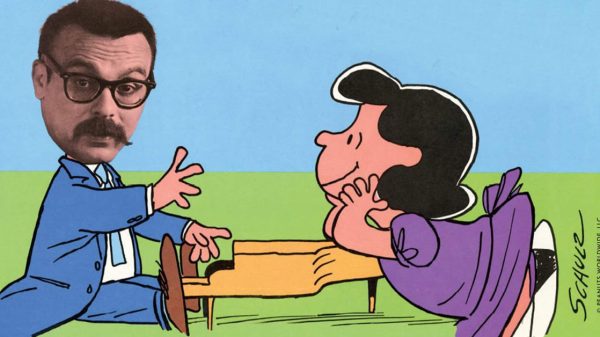
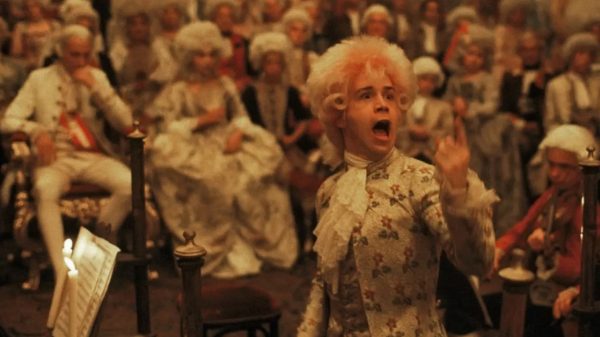





























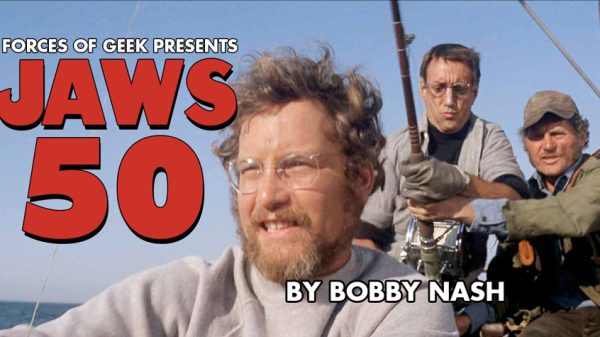









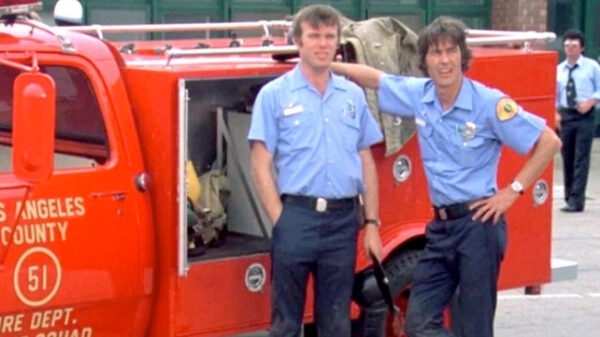
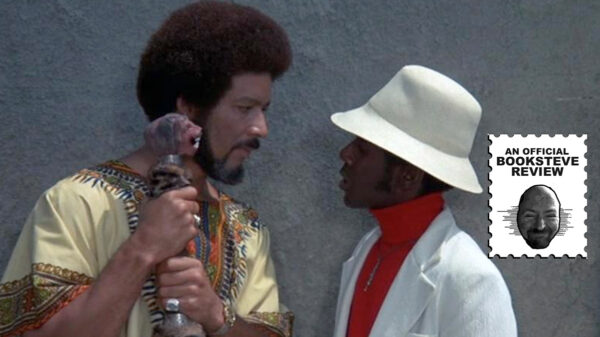
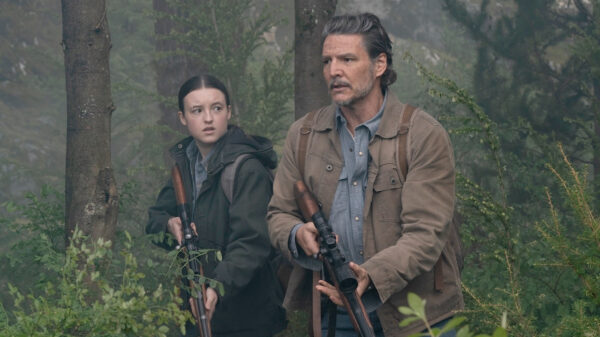






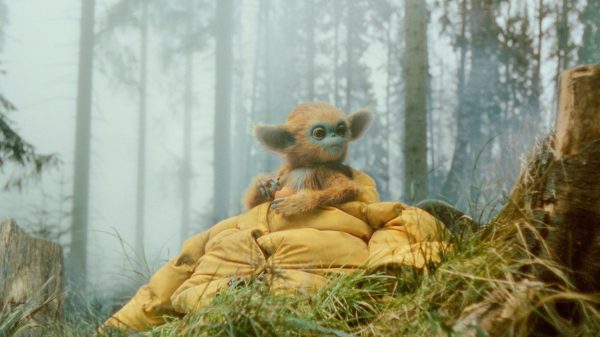





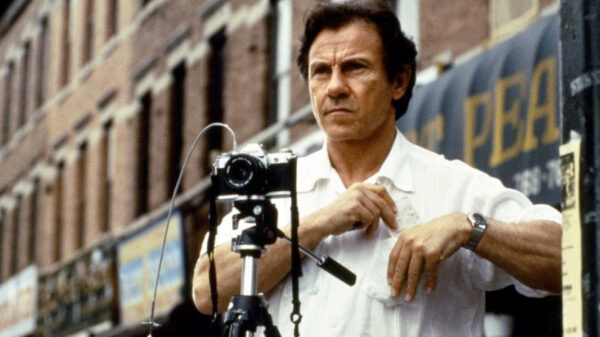
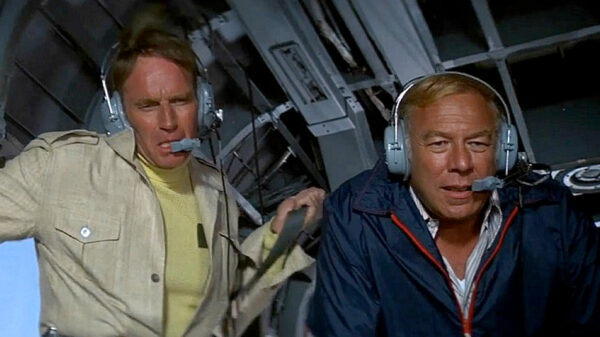

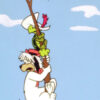
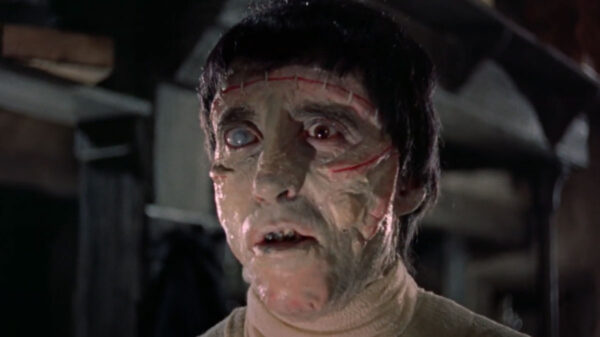

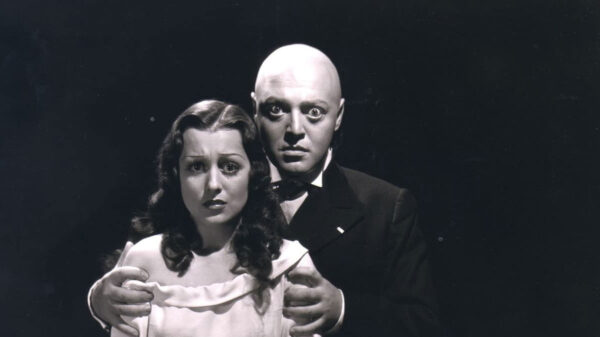

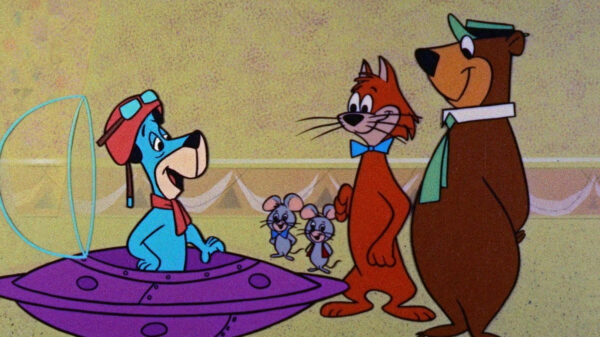
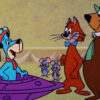
You must be logged in to post a comment Login